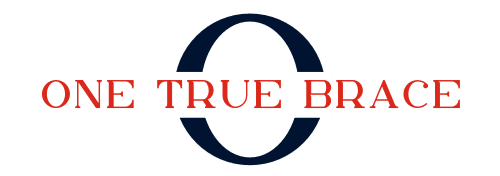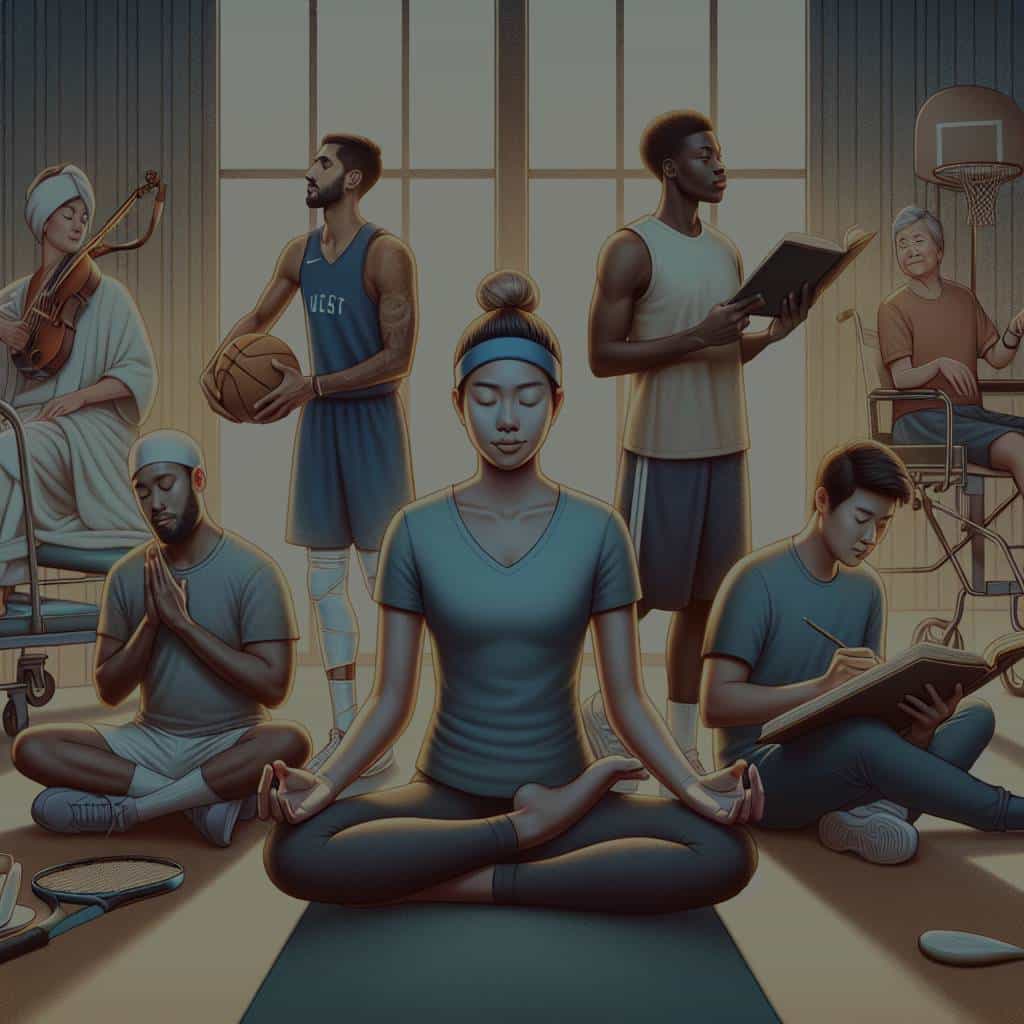When it comes to professional sports, the risk of injury is ever-present. An injury can cause a severe physical setback for an athlete, requiring extensive rehabilitation to return to peak performance. But what is often overlooked is the mental toll an injury can take on an athlete’s wellbeing. Today, we’ll delve into the various strategies that can help athletes preserve their mental health during the challenging period of injury recovery.
The Impact of Injuries on Athletes’ Mental Health
Physically, the implications of sports-related injuries are clear and widely recognized. But the psychological impact can be just as significant, if not more so.
This might interest you : How to Use Machine Learning to Predict Injury Risk in High-School Football?
Injured athletes often experience a range of negative emotions such as stress, anxiety, depression, and frustration. This psychological distress can stem from the uncertainty surrounding their recovery and return to sport, the physical pain and discomfort, and the impact on their professional and personal lives.
According to research studies indexed on platforms like Google Scholar and Crossref, the psychological response to sport-related injuries can significantly influence the recovery process. It can affect the athlete’s motivation, compliance with rehabilitation programs, and ultimately, their return to sport and performance levels.
Also to discover : What Are the Optimal Sleep Patterns for Peak Performance in Professional Basketball Players?
Strategies for Mental Health Support
Addressing the mental health of athletes during injury recovery is paramount. Here are some strategies that can offer psychological support and help maintain mental wellbeing.
Psychological Skills Training
Psychological skills training (PST) can be a beneficial strategy for helping athletes cope with the emotional strain of an injury. This can include techniques such as goal setting, relaxation, imagery, and self-talk. PST can help athletes stay focused on their recovery, maintain a positive mindset, and manage stress and anxiety levels.
Social Support
Social support from coaches, teammates, family, and friends can play a vital role in helping athletes manage their emotional response to injury. They provide emotional comfort, practical assistance, and a sense of belonging that can significantly alleviate the feelings of isolation and frustration often experienced by injured athletes.
The Role of Mental Health Professionals
While PST and social support are key strategies, the involvement of mental health professionals in the rehabilitation process can provide additional assistance.
Clinical Psychology
Clinical psychologists can offer cognitive-behavioral therapy (CBT) to aid athletes in changing their negative thought patterns and behaviors associated with their injury. CBT can be particularly useful in treating conditions such as anxiety and depression, which are common among injured athletes.
Sport Psychology
Sport psychologists, on the other hand, focus on the psychological aspects of sport performance. They can help athletes maintain their sporting identity during injury recovery, set realistic goals for their return to sport, and build resilience to cope with future challenges.
Emphasizing Mental Health in Sport Culture
While athletes are slowly recognizing the importance of mental health, it’s equally crucial for this attitude to be reflected in the broader sport culture.
Education
Educating athletes, coaches, and support staff about the psychological impact of injuries can help create an environment where mental health is prioritized alongside physical health. This can lead to early identification of mental health issues and prompt intervention.
Organizational Support
Sport organizations and teams should provide resources and infrastructure for mental health support. This may include access to mental health professionals, mental health awareness programs, and a supportive and understanding culture.
Policies and Procedures
Implementing policies and procedures that promote mental wellbeing can further strengthen the support for athletes. These might include mandatory mental health screening for injured athletes, mental health days, and guidelines for coaches on supporting athletes’ mental health.
In the world of professional sports, physical prowess is often celebrated above all else. But it’s high time we shine a light on the mental fortitude that athletes need to navigate the rollercoaster of a sports career, particularly during injury recovery periods. An approach that integrates physical rehabilitation with mental health support can make a world of difference in an athlete’s recovery journey, positively influencing not only their return to sport but also their overall wellbeing and quality of life.
The Importance of Injury Prevention and Early Intervention
Of course, the best strategy is to prevent injuries in the first place. Injury prevention is a crucial aspect in professional sports and should be a key focus for all athletes and sports organizations. However, despite the best preventive measures, injuries can still occur.
Injury prevention programs should include a strong focus on not only physical but also mental preparedness. Athletes need to develop good coping mechanisms and resilience to handle the stress and anxiety associated with potential injuries.
When an injury does occur, early intervention is vital. The sooner an athlete’s mental health concerns are addressed, the more effective the treatment and recovery process will be. According to an article on PubMed, intervention should not only target physical recovery but also address the psychological effects of the injury. Early intervention can significantly reduce the risk of mental health issues such as depression and anxiety.
Sports medicine professionals play a major role in early intervention. They are often the first point of contact for an injured athlete and are in a unique position to observe signs of psychological distress. By recognizing these signs and referring athletes to appropriate mental health services, sports med practitioners can play a crucial role in supporting the mental health of athletes.
The Significance of Comprehensive Injury Rehabilitation
Rehabilitation after a sports injury typically focuses on physical recovery. However, injury rehabilitation should also address the psychological impact of the injury. A comprehensive rehabilitation plan that incorporates mental health care can significantly improve the recovery process and the athlete’s overall wellbeing.
For instance, sports medicine professionals can utilize strategies like Psychological Skills Training in the rehabilitation process. By incorporating techniques like goal setting, visualization, and positive self-talk, they can help athletes stay mentally strong during recovery.
Furthermore, mental health professionals can provide specialized support during the injury recovery process. Through therapeutic approaches like cognitive-behavioral therapy (CBT), they can assist athletes in managing their emotions, dealing with stress, and adjusting their thought patterns.
Finally, the role of peer support in injury rehabilitation cannot be overstated. Injured athletes benefit enormously from the understanding and encouragement of teammates going through similar experiences. In fact, according to a Crossref Google Scholar article, peer support can significantly enhance the mental wellbeing of injured athletes.
Conclusion
In conclusion, the mental health of professional athletes during injury recovery should not be overlooked. In fact, it should be a central focus alongside physical rehabilitation. The availability of mental health support, early intervention, comprehensive rehabilitation, and an inclusive sport culture can greatly aid in sustaining the mental health of athletes.
However, more research is needed in this area to explore additional strategies and improve the existing ones. As per a sports medicine article on PubMed, future research should aim to develop a better understanding of the complex relationship between physical injuries and mental health in athletes.
It’s time to redefine the concept of being a successful athlete. It’s not just about physical strength and skill, but also about mental resilience and emotional wellbeing. After all, a healthy athlete is a holistic one, balancing both physical and mental fitness. By investing in mental health, we can help athletes not just return to sport but thrive in it.











